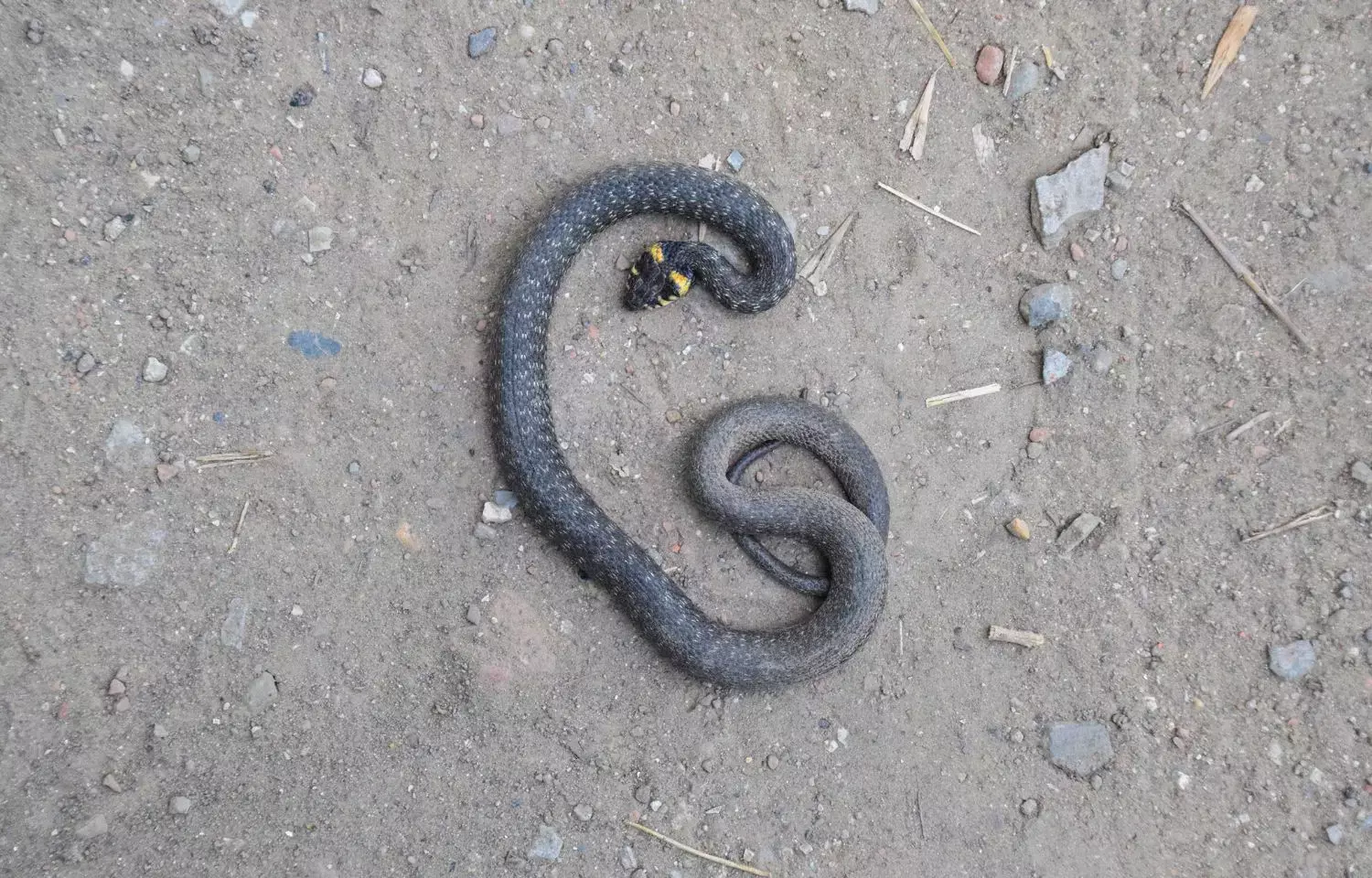- Home
- Medical news & Guidelines
- Anesthesiology
- Cardiology and CTVS
- Critical Care
- Dentistry
- Dermatology
- Diabetes and Endocrinology
- ENT
- Gastroenterology
- Medicine
- Nephrology
- Neurology
- Obstretics-Gynaecology
- Oncology
- Ophthalmology
- Orthopaedics
- Pediatrics-Neonatology
- Psychiatry
- Pulmonology
- Radiology
- Surgery
- Urology
- Laboratory Medicine
- Diet
- Nursing
- Paramedical
- Physiotherapy
- Health news
- Fact Check
- Bone Health Fact Check
- Brain Health Fact Check
- Cancer Related Fact Check
- Child Care Fact Check
- Dental and oral health fact check
- Diabetes and metabolic health fact check
- Diet and Nutrition Fact Check
- Eye and ENT Care Fact Check
- Fitness fact check
- Gut health fact check
- Heart health fact check
- Kidney health fact check
- Medical education fact check
- Men's health fact check
- Respiratory fact check
- Skin and hair care fact check
- Vaccine and Immunization fact check
- Women's health fact check
- AYUSH
- State News
- Andaman and Nicobar Islands
- Andhra Pradesh
- Arunachal Pradesh
- Assam
- Bihar
- Chandigarh
- Chattisgarh
- Dadra and Nagar Haveli
- Daman and Diu
- Delhi
- Goa
- Gujarat
- Haryana
- Himachal Pradesh
- Jammu & Kashmir
- Jharkhand
- Karnataka
- Kerala
- Ladakh
- Lakshadweep
- Madhya Pradesh
- Maharashtra
- Manipur
- Meghalaya
- Mizoram
- Nagaland
- Odisha
- Puducherry
- Punjab
- Rajasthan
- Sikkim
- Tamil Nadu
- Telangana
- Tripura
- Uttar Pradesh
- Uttrakhand
- West Bengal
- Medical Education
- Industry
Snake venom-based gel may arrest bleeding in accident victims

Researchers at University of Queensland have found in a new research that snake venom could be used to stop uncontrolled bleeding. Further biomaterials research team from UQ's Australian Institute for Bioengineering and Nanotechnology (AIBN), led by Postdoctoral Research Fellow Amanda Kijas, has found protein in the venom of two snakes-Australia's eastern brown and scaled viper-could be used as an accelerant in the body's natural blood-clotting process.
The team is working on a gel that could be sold in pharmacies, added to first aid kits, and used by paramedics or military personnel in combat zones, to stop bleeding while a patient is taken to hospital. The venom gel remains a liquid when stored in a cool place but solidifies at body temperature to seal the wound.
"As many as 40 per cent of trauma-related deaths are the result of uncontrolled bleeding, and this figure is much higher when it comes to military personnel with serious bleeding in a combat zone," Dr Kijas said.
"Nature has created the most elegant and sophisticated mechanisms, and we can repurpose them to save people from dying due to uncontrolled bleeding. "The research shows there is five times less blood loss, and clots form three times more quickly when the venom gel is applied, compared to the body's natural process.
"This even includes people with haemophilia and those using blood thinners." Dr Kijas, who worked alongside AIBN Director Professor Alan Rowan, Emeritus Professor Martin Lavin and PhD candidate Ramanathan Yegappan, said current first aid treatment using gauze products, often did not stop bleeding in an emergency.
"When a traumatic injury occurs, the complexity of the healing process overloads the body's capacity to control the bleeding," Dr Kijas said. "We hope this gel will accelerate the wound-healing processes needed for clotting and reducing blood flow, ultimately boosting the body's capacity to heal large wounds."
The study received funding from the United States Department of Defense, with blood donated from the Australian Red Cross Lifeblood. The venom gel is being tested in pre-clinical evaluations and is being scaled-up toward commercial application in collaboration with Professor Mark Midwinter from UQ's School of Biomedical Sciences.
Together with Metro North Health, at the Royal Brisbane and Women's Hospital and Herston Biofabrication Institute, the research team is exploring how the technology could also treat burns and trauma injuries. The study is published in Advanced Health Care Materials.
Dr Kamal Kant Kohli-MBBS, DTCD- a chest specialist with more than 30 years of practice and a flair for writing clinical articles, Dr Kamal Kant Kohli joined Medical Dialogues as a Chief Editor of Medical News. Besides writing articles, as an editor, he proofreads and verifies all the medical content published on Medical Dialogues including those coming from journals, studies,medical conferences,guidelines etc. Email: drkohli@medicaldialogues.in. Contact no. 011-43720751


